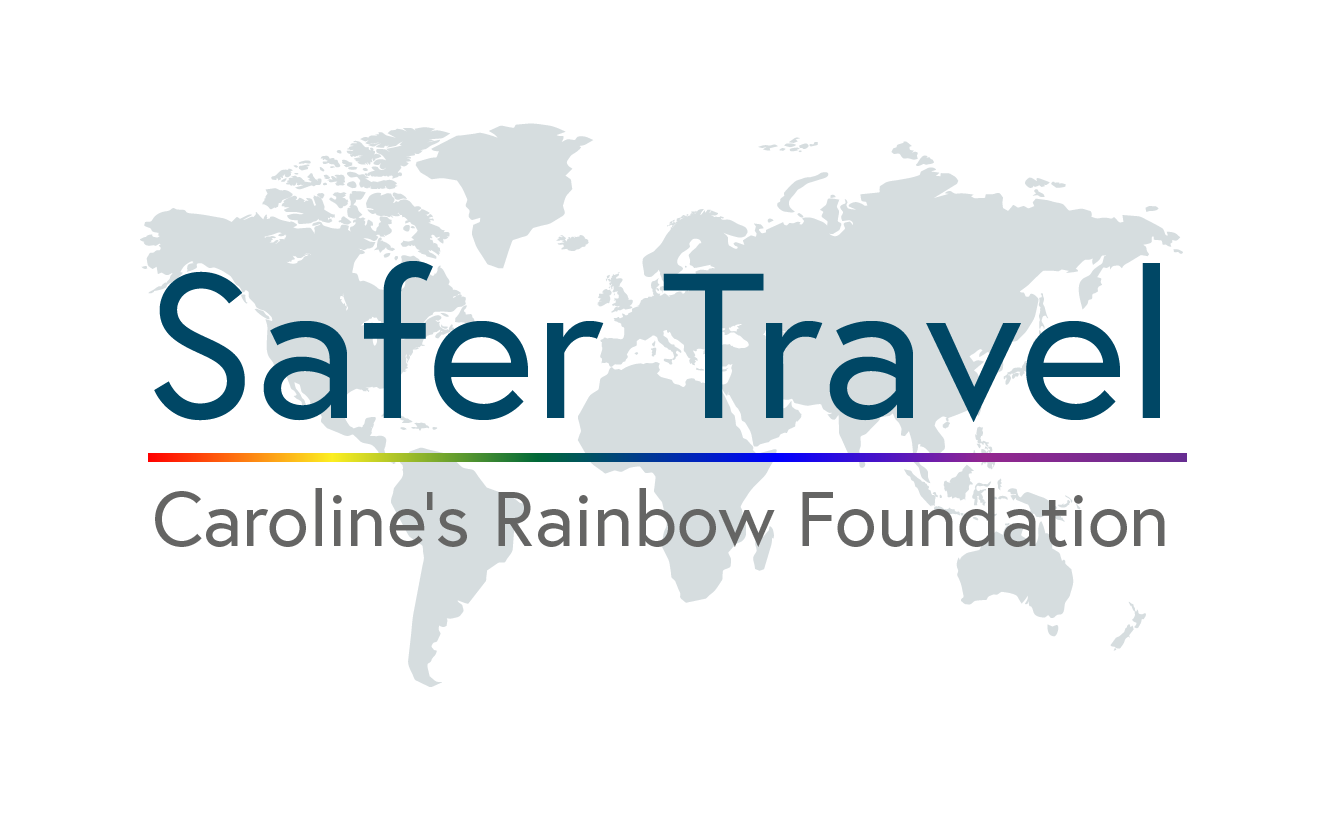Teaching English in South Korea
Jobs abroad teaching English as a foreign language have become highly sought after due to how flexible and rewarding they are for the worker. Working abroad not only gives you the freedom to gain your own independence of living by yourself but it also allows you to explore a culture that may be entirely different from your own.
Teaching English can help improve conversation and teaching skills for those who choose to do it, but it can also help you to understand how to interact with children who don’t speak the same language as you in a classroom environment. The top 10 countries that people decided to work in are; South Korea, Chile, Russia, Senegal, United Arab Emirates, China, Colombia, Morocco, Japan and Spain.

Top Reasons To Visit
South Korea is one of the most popular destinations that people choose to teach English in for many reasons. Not only is it different politically in terms of democracy and to its northern relation but it also gives its citizens the freedom. For example, women are allowed to choose whether or not they want to serve in the military in South Korea whereas women have no choice regarding the matter in North Korea. South Korea is also more welcoming to foreigners and tourists as opposed to North Korea who keep their country private and untouched by foreign media and pop culture. Despite the political reasons however, there are also more light reasons as to why South Korea is a popular destination that people choose to teach English. One reason in particular is that the country itself is a very modern and well-developed, its constantly changing and adapting its economy and to better with the modern world.
Another reason it is a very popular working destination is the various types of street food stalls and markets such as the Namdaemun Market Food Street in Jung-gu, Seoul. This market has foods such as Hotteok and Korean kalguksu noodles available, both of which are traditional Korean street foods. Attractions such as Namsan Seoul Tower, which rises around 500 metres above Seoul and Bukchon Hanok Traditional Village. The village has amazing architecture of preserved villages from the Joseon Dynasty, are also major reasons why workers travel to South Korea in order to work there. theculturetrip.com/asia/south-korea
A lot of workers choose South Korea is the nightlife and pop culture which never seems to stop regardless of the time of day. Young people in South Korea tend to have a very stressful university life due to how demanding the education system is. Often studying 12-16 hours per day, the majority of students attending a private school after their official school hours. University students in South Korea are likely to have a part time job on top of their studies so they like to unwind with their friends during the evening in various different nightclubs and bars, all of which are open until early hours. Karaoke bars are the most popular kind of bars that a lot of people use and visit with their friends. They are available throughout Seoul and are often pretty affordable, costing around 6000-30,000KRW an hour which amounts to around £3.80, as of 1st August 2022. currency.me.uk
Some travel tips that I would recommend looking at in greater detail are the following; Entry requirements, Political tension/Civil Emergencies and Health and Safety. All of the information provided is written on the UK.gov website. gov.uk/foreign-travel-advice/south-korea
Additional information can be found on South Korea’s official website which contains information about the country itself. korea.net

Entry requirements
There are entry requirements that foreign travellers must be familiar with before they can travel to South Korea to work. The main entry requirement is that those who travel to South Korea as an English teacher must have a working VISA as it is illegal to work there on just a tourist VISA. They must also show that they have at least a 3-year university degree because working as an English teacher. A TEFL qualification alone is not valid and the worker may risk being deported if they don’t have a university degree.
Coronavirus is still present in South Korea and the government asks any travellers from elsewhere to take a Covid-19 PCR test before they fly to South Korea to prove that they are negative of the virus before they can enter the country freely. As part of the old restrictions, all foreign travellers were asked to quarantine in a coronavirus facility regardless of how long they were staying there. However, these days, travellers who are staying long term such as English teachers are just asked to stay inside their accommodation until they are clear from Covid-19. The time frame in which the traveller must do this can vary depending on how long it takes for the negative test to come through. You are also not required to be fully vaccinated in order to travel to South Korea.
When going through Customs in South Korea, items such as personal medication or prescriptions must be declared on entry, a doctor’s note but also be issued otherwise the medication may be confiscated and they might get into trouble with the authorities. Second, if illegal drugs are found within the traveller’s belongings or in their system, they also risk getting in trouble with the South Korean authorities so it’s important to avoid contact with them when travelling.

Political Tension/Civil Emergencies
Political tension and civil emergencies are very much present every day in South Korea due to their relationship with North Korea. After the Korean war ended in 1953, the Korean Peninsula was split by the DMZ however no formal peace treaty was ever signed which has led to recurring tension to this day. Due to this, the South Korean government officials practise the civil emergency exercises which include sirens, public transport is stopped, and the public are asked to go to the nearest shelter. These shelters are often easy to spot as they have a specific sign outside of them which tells the public where to go.
The South Korean government has also created a smartphone app which alerts the public of any incoming dangers as well as providing information about the nearest shelters and civil emergency advice. This app can be downloaded on both Android and Apple devices, and it can be found by typing ‘emergency ready app’.
Health and Safety
Climate is another thing that workers must take into consideration when they choose to work in South Korea. Between June and November, South Korea tends to have stormy weather and it’s important to keep an eye on the weather forecast as it always poses the threat of turning into a typhoon since those are the prime months.
There is a website web.kma.go.kr or a number that you can call (131) in South Korea in order to get more information about any opposing weather threats that you should be aware about. Although they aren’t very common in South Korea, there is always a chance that an earthquake could occur during your time there as an English teacher, however they are relatively weak, usually ranging between 2.0-5.0 on the Richter scale. There is a website that provides the public with information on what to do if they find themselves in the middle of an earthquake. english.seoul.go.kr/service/living/disaster-evacuation-tips-citizens
Recruitment
When choosing to work abroad as an English teacher, there are many different companies you can choose to be recruited through. There are two main companies, TTI and TEFLUK that work with schools in South Korea to help provide workers with the information they need in order to start working for these companies. TTI helps workers, whether they have a degree or not, find a school that works for them and their lifestyle.
The workers don’t necessarily have to speak the language or have previous teaching qualifications. TEFLUK works with programmes such as EPIK for a public school or the workers can apply for a job at a private school depending on which type of job they would like the most. EPIK and the private school programme are supported by the South Korean government. They require the applicants to have a TEFL certificate since the majority of schools ask for teachers, they employ to have one. Some of the benefits that come with working with TTI include a lower cost of living, assistance with a VISA application.
Bi-lingual support once you are in South Korea and any schools that they work with are well-managed and evaluated to make sure they are of suitable working environment for you to be in. The application process only takes 3-6 weeks to complete with TTI which means you won’t be waiting as long to hear back from your application or a job opportunity. ttirecruit.com/countries/korea
As for TEFLUK, some benefits from choosing to work through them on the EPIK programme include; completely free recruitment service, expert advice on the documents for your application, a high success rate, 2.7M KRW a month which is around £1707.3 a month (depending on the city, province and qualifications) and they provide you with accommodation whilst you are there. tefluk.com/tefl-jobs/korea

Working abroad can be extremely rewarding and a great life experience in order to help you gain the confidence and skills you may not have had beforehand. However, there are some things you should consider taking into account before travelling abroad for work. These include the following:
- Homesickness may be an issue. To combat this, you could take some photos of loved ones with you and put them in your apartment during your travels.
- Culture shock is also something to consider, it could be beneficial for you to familiarise yourself with some mannerisms and national culture, to make sure it feels more familiar when you arrive.
- Financial stability all depends on the contract and working hours, it will be a good idea to save a sum of money before you start working abroad in case of any unforeseen circumstances.
Working abroad in South Korea is a great way to deepen your knowledge of Korean culture, its people and to try a bunch of different foods that the country has to offer. Teaching abroad also helps workers to gain independence skills and expand their knowledge of ways of life that are perhaps very different to their own.
Written by Ellie-Mai Foley




